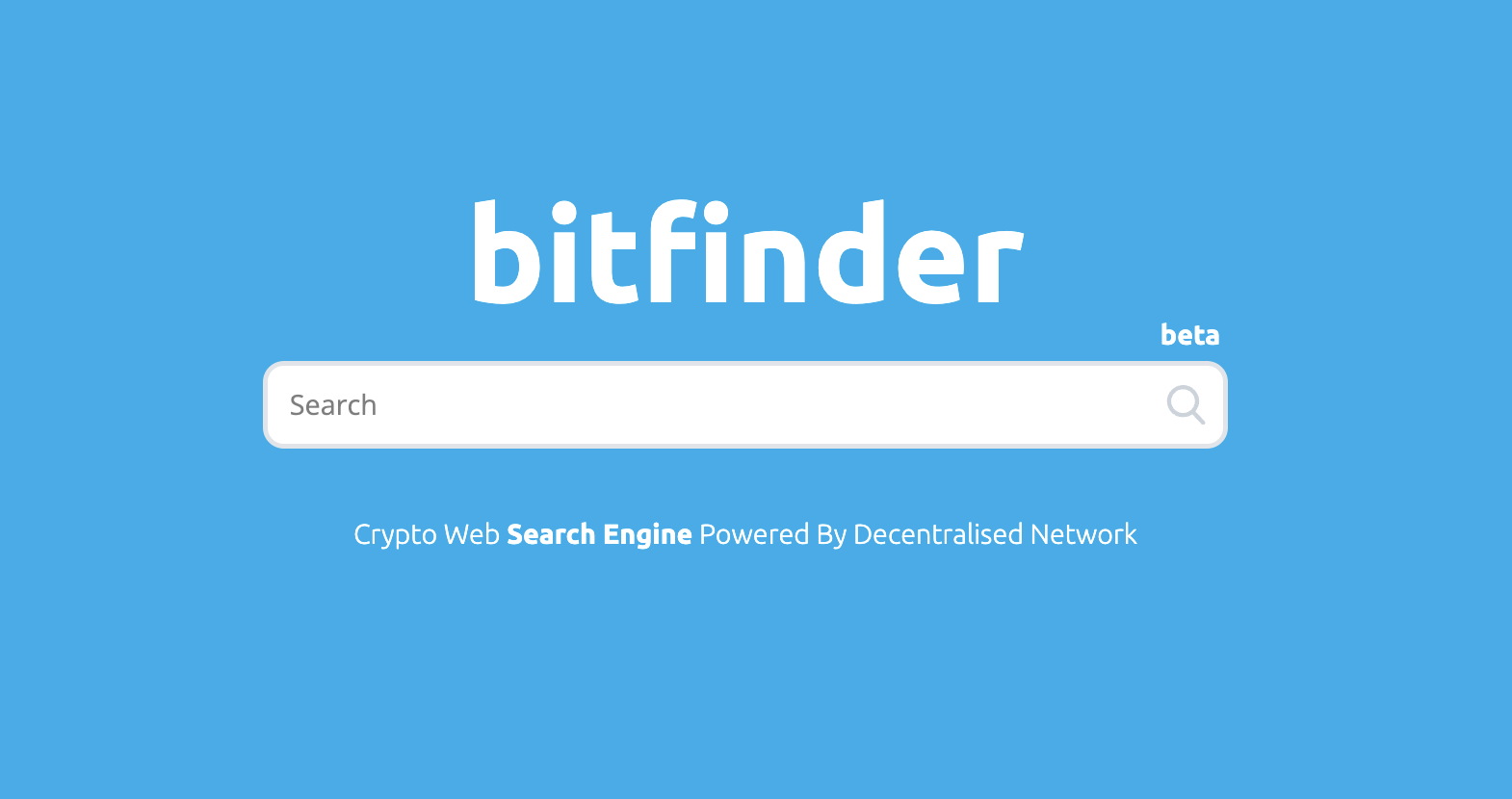1 month ago
On August 15, 2010, Bitcoin broke.
A bug in Block 74638 created 184 billion BTC out of thin air. That’s not a typo. Two outputs of 92 billion BTC each slipped through because the code didn’t check for integer overflow. The system just accepted it. Bitcoin’s sacred 21 million? Completely ignored.
This wasn’t a theoretical flaw. It actually happened. And it proved something most people still don’t understand.
Bitcoin’s scarcity is not protected by code. It’s protected by people.
The only reason #bitcoin didn’t die that day is because someone noticed. A fix was pushed. A patched client was released. Nodes upgraded. Within five hours, the invalid block was erased from consensus. Bitcoin’s monetary policy was rescued, not by the protocol, but by the humans running it.
That’s the truth behind the “trustless” narrative. Code did not save Bitcoin. The community did.
Scarcity was never a guarantee. It was a fight. And it still is.
Read moreA bug in Block 74638 created 184 billion BTC out of thin air. That’s not a typo. Two outputs of 92 billion BTC each slipped through because the code didn’t check for integer overflow. The system just accepted it. Bitcoin’s sacred 21 million? Completely ignored.
This wasn’t a theoretical flaw. It actually happened. And it proved something most people still don’t understand.
Bitcoin’s scarcity is not protected by code. It’s protected by people.
The only reason #bitcoin didn’t die that day is because someone noticed. A fix was pushed. A patched client was released. Nodes upgraded. Within five hours, the invalid block was erased from consensus. Bitcoin’s monetary policy was rescued, not by the protocol, but by the humans running it.
That’s the truth behind the “trustless” narrative. Code did not save Bitcoin. The community did.
Scarcity was never a guarantee. It was a fight. And it still is.
2 months ago
Swiss National Bank Rejects #bitcoin Reserves Proposal
According to CoinDesk, Swiss National Bank (SNB) President Martin Schlegel has dismissed the idea of incorporating bitcoin into Switzerland's central bank reserves. Schlegel highlighted concerns over the cryptocurrency's volatility, liquidity, and security as primary reasons for this decision. In an interview with the Tamedia group, he emphasized that the instability of #cryptocurrencies makes them unsuitable for preserving long-term value.
Schlegel further explained that the central bank's reserves must remain highly liquid to be readily available for monetary policy interventions. He also pointed out the inherent security risks associated with software-based assets, noting that software can be prone to bugs and vulnerabilities. These remarks come amid a broader discussion in Switzerland regarding the potential inclusion of Bitcoin in the SNB's reserves.
A recent initiative, spearheaded by entrepreneur Yves Bennaim, is advocating for a constitutional amendment that would require the SNB to hold bitcoin alongside gold in its reserves. This initiative, launched in December, aims to gather 100,000 signatures within 18 months to prompt a nationwide vote on the matter. While the proposal does not specify the exact bitcoin allocations, it suggests that the reserves should be built from the bank's earnings.
Despite the increasing acceptance of cryptocurrencies in Switzerland, with several Swiss banks offering cryptocurrency-related services, Schlegel remains skeptical.
Read moreAccording to CoinDesk, Swiss National Bank (SNB) President Martin Schlegel has dismissed the idea of incorporating bitcoin into Switzerland's central bank reserves. Schlegel highlighted concerns over the cryptocurrency's volatility, liquidity, and security as primary reasons for this decision. In an interview with the Tamedia group, he emphasized that the instability of #cryptocurrencies makes them unsuitable for preserving long-term value.
Schlegel further explained that the central bank's reserves must remain highly liquid to be readily available for monetary policy interventions. He also pointed out the inherent security risks associated with software-based assets, noting that software can be prone to bugs and vulnerabilities. These remarks come amid a broader discussion in Switzerland regarding the potential inclusion of Bitcoin in the SNB's reserves.
A recent initiative, spearheaded by entrepreneur Yves Bennaim, is advocating for a constitutional amendment that would require the SNB to hold bitcoin alongside gold in its reserves. This initiative, launched in December, aims to gather 100,000 signatures within 18 months to prompt a nationwide vote on the matter. While the proposal does not specify the exact bitcoin allocations, it suggests that the reserves should be built from the bank's earnings.
Despite the increasing acceptance of cryptocurrencies in Switzerland, with several Swiss banks offering cryptocurrency-related services, Schlegel remains skeptical.
2 months ago

Ethereum Bug Bounty Program
An overview of the Ethereum bug bounty program: how to get involved and reward information.
https://ethereum.org/en/bug-bounty/
Sponsored by
Administrator
10 months ago

